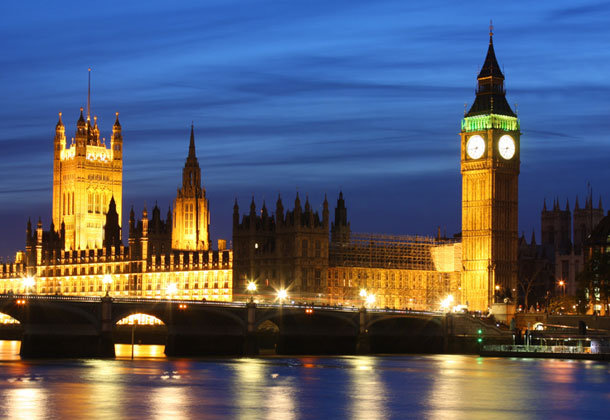Spending review: £1bn-plus cuts to government IT bill

Major IT projects and services face the axe
The cost of government IT projects and services is to be cut by more than £1bn as part of a shake-up of government spending.
In today's spending review - which set out the government's saving targets for the next four years - Chancellor George Osborne announced that the government will cut the cost of running Whitehall departments by £6bn, and scrap 490,000 government jobs.
A large part of that £6bn will be derived from IT savings: across government, the Cabinet Office has identified 300 IT projects, worth £1bn in total, that will either be scrapped or cut back because they have been deemed unnecessary. However, the government hasn't detailed the value of the savings themselves.
The government also expects to cut the amount it spends with its largest suppliers - the majority of which are IT vendors - by more than £800m this year as a result of contract renegotiations.
It was also announced that a further £402m has been cut from "major projects" being undertaken by government, a figure which includes the money saved by scrapping the ID cards project, and a further £700m cut is expected to be made to the NHS National Programme for IT.
On top of these savings, the government claims to have saved £27m on the amount it spent on websites, advertising and marketing this year compared to last year.

Government is to cut more than £1bn from its IT bill
(Photo credit: Shutterstock)
Cuts to IT spending and better use of technology were mentioned several times by Osborne as a way of preventing budget reductions from harming the quality of public services being delivered.
The "default" option for the delivery of government services will now be via online channels and VoIP-based call centres, according to the Treasury's spending review document - with the first services to be switched over to being delivered via these methods being the initial application for Job Seekers' Allowance, new business tax registration and "key" driver's licence services.
Osborne also said that while annual funding for police forces will drop by 14 per cent in real terms by 2014/15, these savings will not impact frontline police because of efficiency improvements to IT, procurement and back office.
Meanwhile the review document said that the UK Border Agency will save about £500m by reducing the cost of running its estate and IT and other support functions.
HM Revenue and Customs (HMRC) will also reduce its running costs by 25 per cent through the use of new technology, savings from its IT contracts and cutting the HMRC estate.
Previous Cabinet Office pledges to tighten scrutiny of IT projects to ensure they deliver on time and budget, and to make it easier to use open source software in government, were also repeated in the review document.
The review wasn't all about cuts: the government also pledged to provide an additional £200m for a year by 2014-15 to support manufacturing and business development, with a focus on supporting the commercialisation of technologies - including funding for an elite network of R&D intensive technology and innovation centres.
There will also be a further £650m of funding for a national cyber security programme, managed by the Office of Cyber Security, that will focus on strengthening critical national IT infrastructure against cyber attacks.
The UK's science budget was also protected at £4.6bn a year, with £69m-worth of investment planned in the Diamond Light Source research institute in Oxford.